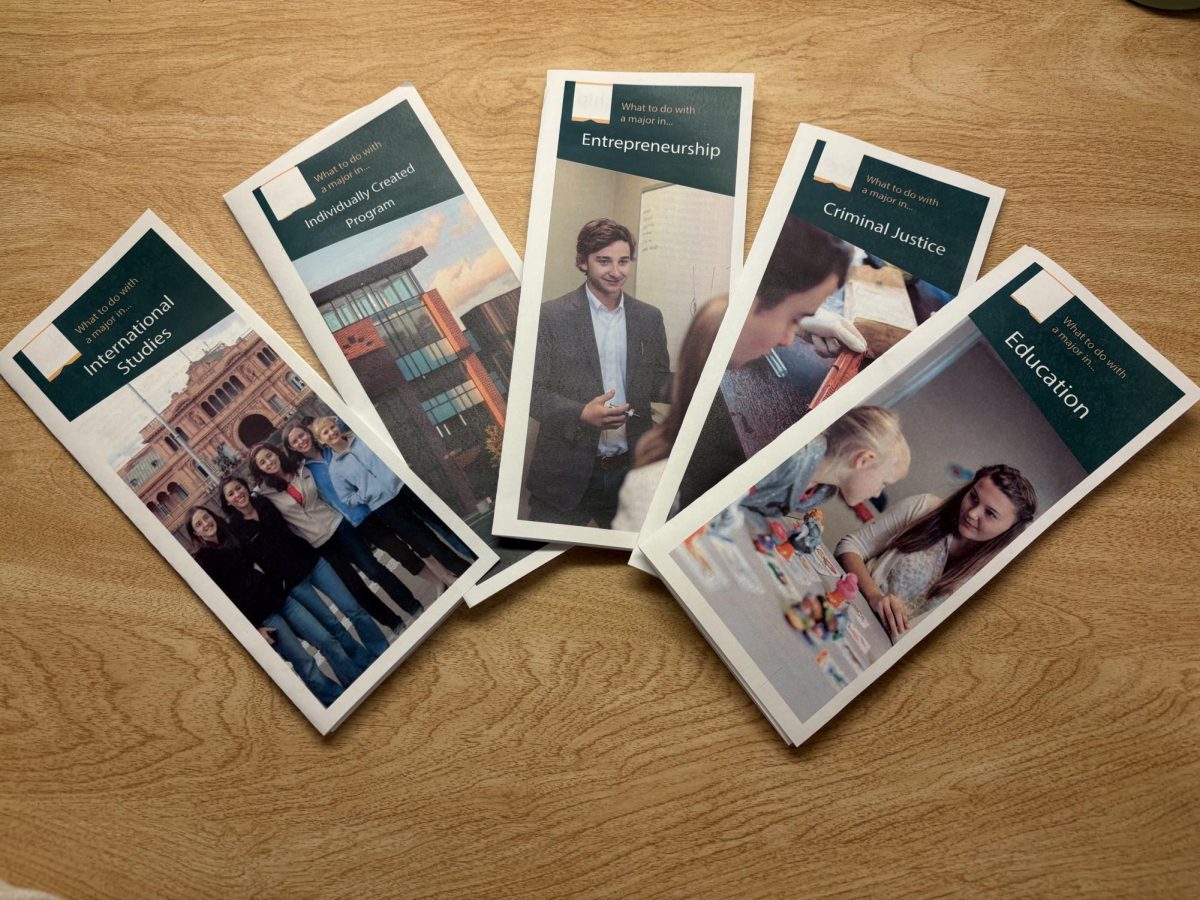When I was younger, my little sister told some of her friends that my father was abusive. This was an absolute falsehood; he’s one of the kindest people I have ever known and always treats us with love. When my parents found out, my mother scolded her, questioning why she would ever say something like that. My sister, through her tears, replied that all her friends have some hardship in their life, and she had to make something up to feel like they accepted her.
Today, status is everything. We aren’t judged simply by how we behave, but also where we’ve come from and what we’ve had to endure. While maybe a century ago people tried to hide their struggles to avoid being mocked, today they wear them on their sleeve, with the expectation of receiving empathy, and above all, being validated.
This was initially a good move for society. Nobody should ever be mocked or belittled for their conditions, past or current. In fact, we should have more respect for people who overcome hardship through strength, for it’s far nobler to earn what you have than have it handed to you. However, the paradigm shift has gone further than it should, to the point where victimhood is not only acknowledged and respected, but revered and incentivized.
Victimhood status awards many benefits to individuals. Suddenly, their opinions and ideas become valid, and those who challenge them are deemed insensitive or hateful. This is especially observed in the context of politics. In the last few years, there has arisen what’s been deemed by critics as a “victimhood hierarchy,” where members of groups traditionally discriminated against, such as African Americans, LGBTQ folk, women and others, are elevated and prioritized. By virtue of their experiences, they’re treated as experts on all subjects related to their identity group, regardless of their actual expertise.
Political figures that share these traits have almost unchallenged weight in related issues, and often scathe opponents as “privileged.” Now, opposing viewpoints are routinely discounted by virtue of the mouthpiece that spouts it, instead of the actual reasoning behind it. This degrades the discourse we have in the political arena, and hinders real progress in exchange for virtue signaling. More importantly, though, this offers a special sort of empowerment to those who can attain position in the hierarchy, and thus provides incentive for people to be victims.
In recent years, this has been observed as true. People seem to work in their past grievances any way they can into a conversation. The expectation is empathy and respect from those who listen. This is problematic for people who don’t experience hardship, who feel they can never attain the same status as individuals who are truly victims. Consequently, they begin fabricating, even
going so far as to commit hoax hate crimes.
In 2018 alone, there were an absurd amount of hate crime hoaxes reported in the media, mostly taking place on college campuses.
Take for instance Groucher College in Maryland. Graffiti began appearing around campus featuring swastikas, the n-word and the names of four African American students. As it turns out, it was one of those very students creating the graffiti in an effort to obtain sympathy.
In another instance, a Kansas State student found a note on her apartment door that read, “Beware N****** Live Here! Knock at Your Own Risk,” and proceeded to post it on social media, urging others to vote against racism in the polls the next day. As it turns out, she’s the one who wrote the note.
At Ohio University, a student claimed she received three anti-gay letters threatening her, and touted her strength for enduring this when sharing the story. She then used it to build her status in the university’s student senate. As you may have guessed by now, she wrote them herself.
This is a symptom of the reality we have created; victimhood has become a currency. Everybody wants to be a victim of something—to have a story to tell that will earn them credibility, respect and empathy. The problem is we live in a wonderful society, one that offers most people a life of respect and dignity. It’s amazing that some people would betray the hard work of their forefathers to obtain a fictitious status as a victim, just to feel validated.
Instead of being thankful for the blessings offered to us in life, we have begun to desire hardship and grievance.
It’s truly unfortunate for those who legitimately experience grievances, because they now must face skepticism that shouldn’t have ever needed to exist. Now that the victim hierarchy is flooded with individuals feigning victimhood to validate themselves, all they’ve really done is invalidated everyone.
























